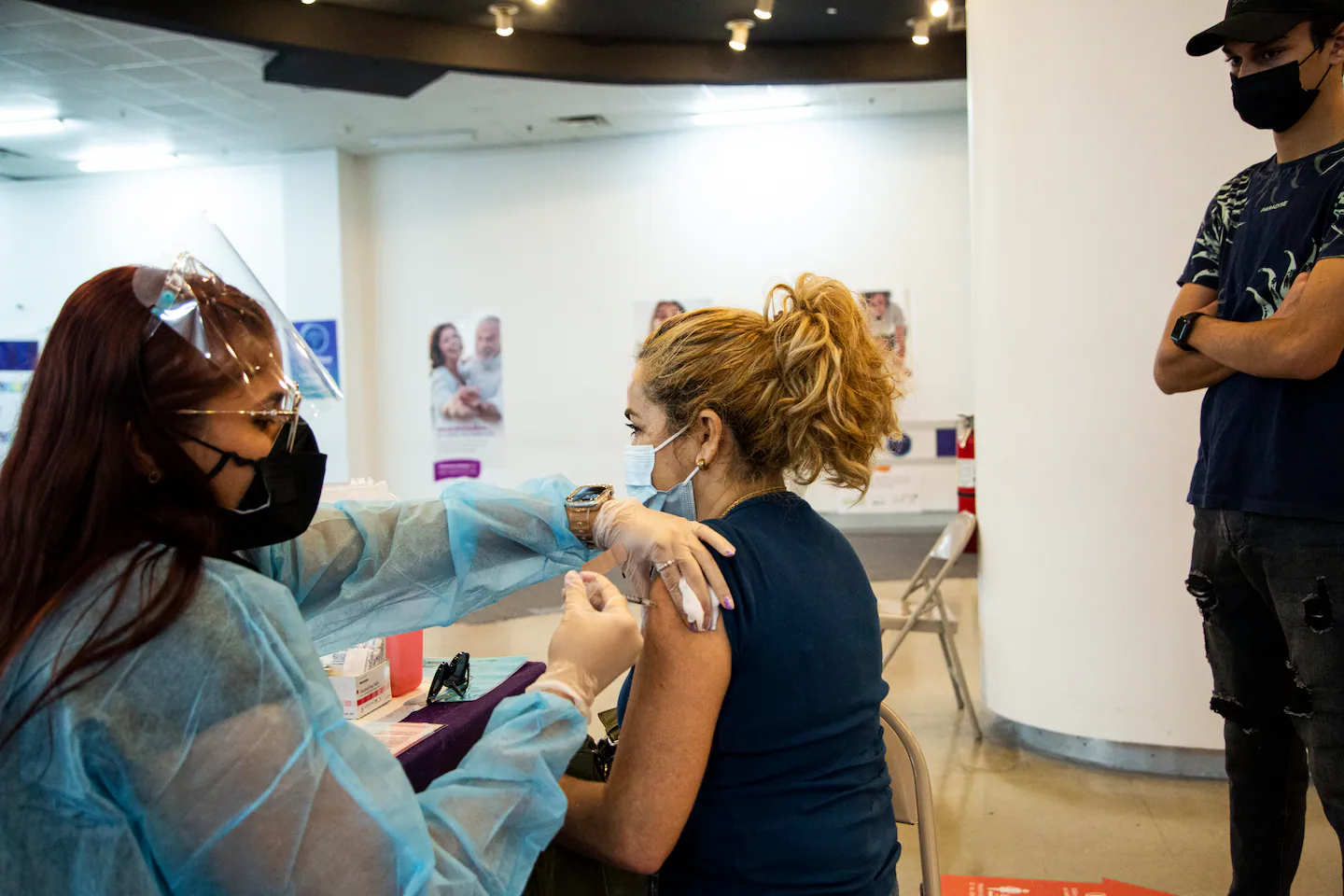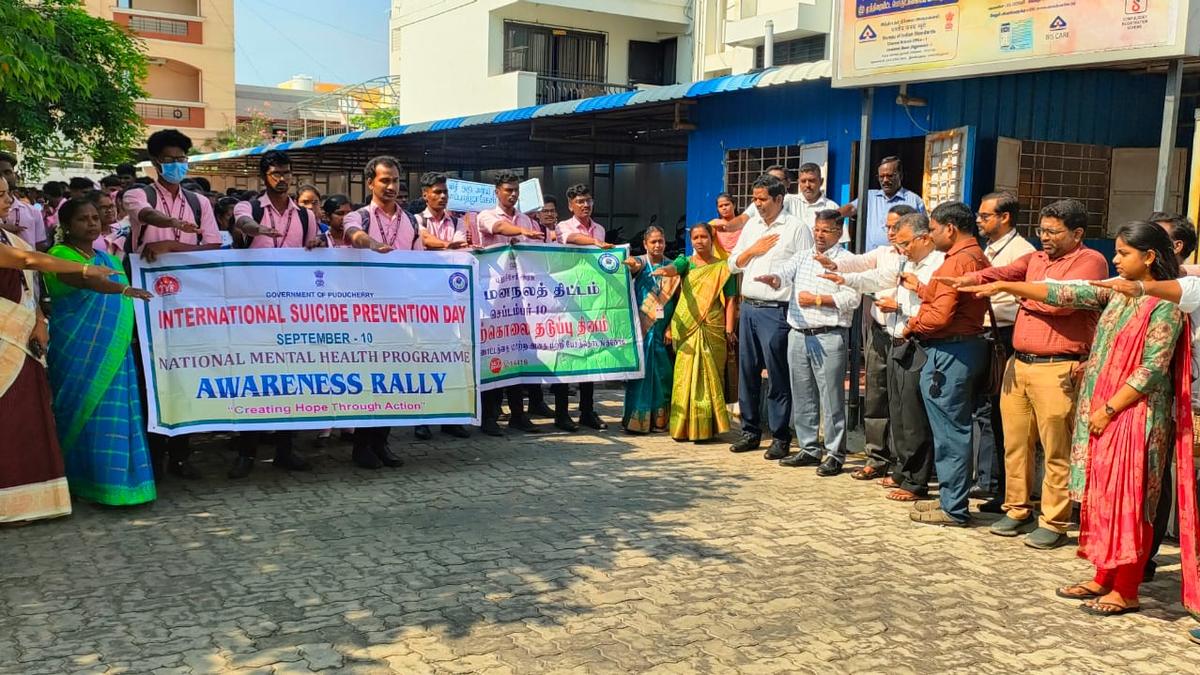
It was the pharmacist who was incorrect about Gregg’s eligibility; a Walgreens spokesperson confirmed to The New York Times that the company considered pregnancy a qualifying condition. But the mix-up was not shocking. Across the country, patients, pharmacists, and doctors have been left to parse mixed and muddled messages from federal agencies and the nation’s public health officials.
Pregnancy remains on the list of conditions that the Centers for Disease Control and Prevention says carry a clear increased risk of severe illness from COVID, a list that many pharmacies use to determine who can get a vaccine. A representative for the Department of Health and Human Services wrote in a statement that current and recently pregnant women were considered high-risk groups.
Yet in May, the CDC stopped recommending COVID vaccination for pregnant women who are otherwise healthy, confusing some patients and medical providers. Pharmacies administer most COVID shots — but some are turning pregnant women away.
When that happened to Gregg, she said she felt “surprise and then fear, like I might actually get shut out of getting the shot that will help both protect me and protect the pregnancy.”
Other pregnant women are dealing with similar issues. Dr. Jeanne Sheffield, the director of maternal-fetal medicine at Johns Hopkins Medicine, said that most of the patients she saw that morning had inquired about the recommendations for COVID-19 vaccines.
Several told her they had tried to get appointments at pharmacies, only to be told they did not meet the criteria; they had to try their luck at other pharmacies to get vaccinated.
There is clear evidence that COVID infections during pregnancy are linked with worse outcomes for both mother and child, and that vaccination decreases the risk of severe illness from COVID.
When Health Secretary Robert F. Kennedy Jr. announced that the CDC would no longer encourage healthy pregnant women and children to get the shots, he said he “couldn’t be more pleased” in a video he posted on the social platform X. And Dr. Marty Makary, the commissioner of the FDA, has questioned the risk the virus poses to pregnant women without other medical conditions. The FDA is examining data about the safety of the vaccines for pregnant women.
“Nothing has changed from our standpoint,” Sheffield said. Years of data show that the vaccines are safe, she said, and that COVID vaccination “saves lives, both mom and baby’s.”
The American College of Obstetricians and Gynecologists still “strongly recommends” COVID vaccination during pregnancy. And the Society for Maternal-Fetal Medicine, an organization for specialists in high-risk pregnancies, continues to recommend it as well.
Yet a survey released this week by the Annenberg Public Policy Center found that only 42 percent of nearly 1,700 respondents believed it was safe to take an mRNA COVID vaccine during pregnancy, contradicting substantial data.
Dr. Kevin Ault, a member of the American College of Obstetricians and Gynecologists’ immunization working group and a former member of the CDC’s vaccine advisory panel, said some women may not realize pregnancy puts them at higher risk.
“A lot of people, when they become pregnant, have been in good health before,” Ault said. “To be told they’re at special risk for problems with COVID or influenza is frequently news.”
Compared with the general public, pregnant women are more likely to end up in the intensive care unit from COVID and to need a ventilator. And the effects can linger for the remainder of the pregnancy, with the virus potentially affecting placental development, said Dr. Victoria Petruzzi, an OB-GYN at Houston Methodist Hospital.
COVID is also particularly dangerous for newborns. Maternal antibodies are the only way to protect them, as they cannot be vaccinated against the virus until they are six months old. From October 2022 to April 2024, infants younger than 6 months were more likely to be hospitalized from COVID infections than any other age group, apart from adults aged 75 and older.
“That’s what’s scary,” said Dr. Naima Joseph, a maternal-fetal medicine specialist at Boston Medical Center. “These infants really don’t have alternative measures. They really rely on their moms to get vaccinated.”
Sheffield advises her patients to call around to see where they can get a shot. “Persistence is definitely the message right now,” she said.



